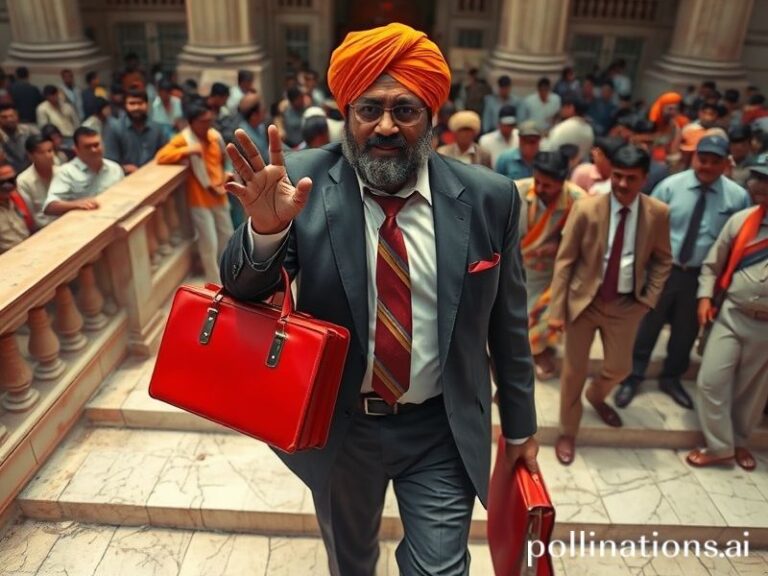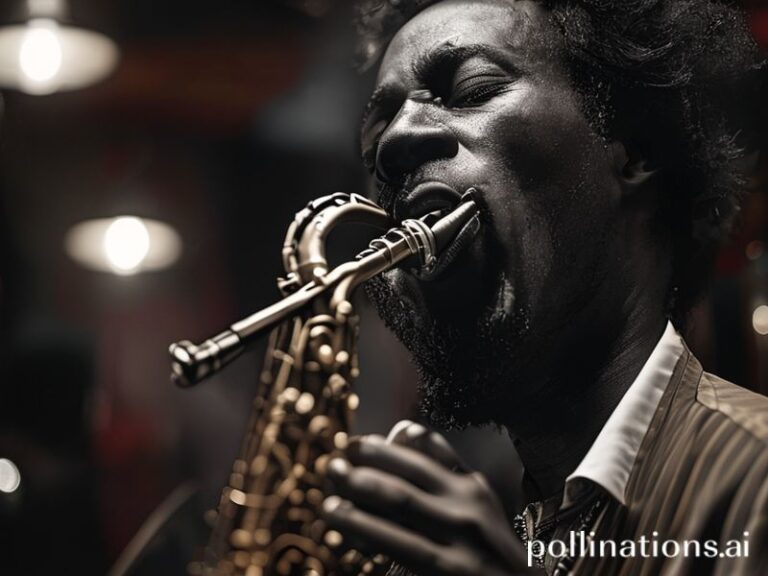Laura Whitmore: The Accidental Soft-Power Export Flying Business Class Around the Globe
Laura Whitmore and the Global Cottage Industry of Micro-Celebrity
By Our Man in the Departures Lounge, somewhere above the Irish Sea
Somewhere in the algorithmic ether between Dublin and Dubai, Laura Whitmore has become a case study in how fame now travels lighter than hand luggage and lands heavier than sanctions. To most passport-holding adults, the name still triggers a polite “remind me—was she on that thing with the glitter?” To the planetary content-industrial complex, however, Whitmore is a perfectly cut 2.5-carat diamond: Irish broadcast charm, London tabloid seasoning, and a social-media footprint that stretches from Lagos fan accounts to Seoul fashion reels. In short, she is the twenty-first-century equivalent of a duty-free Toblerone—recognisable in any terminal, morally uncomplicated, and priced for impulse purchase.
From a global vantage, Whitmore’s ascent looks less like a career and more like an exchange-traded fund built on soft-power futures. Start with the raw material: a County Wicklow accent that sounds acceptably exotic in Surrey yet comfortingly familiar in Boston. Add a stint on MTV that dovetailed with the final, decadent phase of music television—just before the entire medium was strip-mined by TikTok miners with ring lights. Then came Love Island, the British reality export now dubbed “the Commonwealth’s guilty pleasure,” syndicated from Helsinki to Hobart with the subtlety of an oil slick. Hosting duties on that show turned Whitmore into an accidental cultural tariff: countries paid ITV Studios for the format and got her as surcharge.
The economics are almost elegant. Every time a teenager in Buenos Aires binge-watches old episodes, the streaming platform logs ad impressions, Whitmore’s Q-score ticks up, and a mid-tier fashion label in Manchester adds another zero to the influencer budget. Multiply by 190 territories and you have a self-licking ice-cream cone of soft influence—no embassies required, only Wi-Fi. Soft power scholars at Tufts have begun calling this phenomenon “Whitmoreisation,” partly because it irritates their older colleagues who still think diplomacy requires cufflinks.
Meanwhile, the darker machinery grinds on. Tabloids from Sydney to Stockholm recycle the same paparazzi shot of Whitmore pushing a pram, each outlet cropping out the nanny in a masterclass in international selective vision. Piers Morgan weighs in from his bunker in the metaverse, ensuring the outrage supply chain remains carbon-neutral. And somewhere in Manila, a content farm repurposes the same quote about “mum guilt” into forty-six languages, including two dialects that no human has spoken since the Khmer Empire. If you listen closely, you can almost hear the planet groan under the weight of so much synthetic empathy.
Of course, none of this would function without our complicity. We, the jet-lagged audience, are the migrant labour of attention, clocking in at Gate 14B with a boarding pass and a dead phone. Whitmore is simply the inflight entertainment: polished enough to reassure us that the world is still making sense, disposable enough that we forget her before the seatbelt sign blinks off. In that sense, she performs the same service as the laminated safety card—comforting, multilingual, and destined for the seat pocket.
Yet there is something oddly reassuring about her global ubiquity. In an era when nation-states weaponise memes and oligarchs launder reputations through art fairs, Whitmore’s brand of harmless relatability feels almost quaint—like a postcard from a time when scandal meant a wardrobe malfunction rather than election interference. If the apocalypse arrives tomorrow, there will still be a corner of the internet dissecting her choice of festival wellies. That, too, is a form of stability: the knowledge that while the ice caps melt and the supply chains buckle, someone, somewhere, is subtweeting Laura Whitmore.
So raise a plastic cup of €12 prosecco to the woman who proved that celebrity can be franchised like a Pret A Manger. She may not stop climate change or broker peace in the Caucasus, but she has achieved something rarer: a reputation that clears customs without a visa. In our fragmented century, that may be as close to diplomatic immunity as any of us gets.







